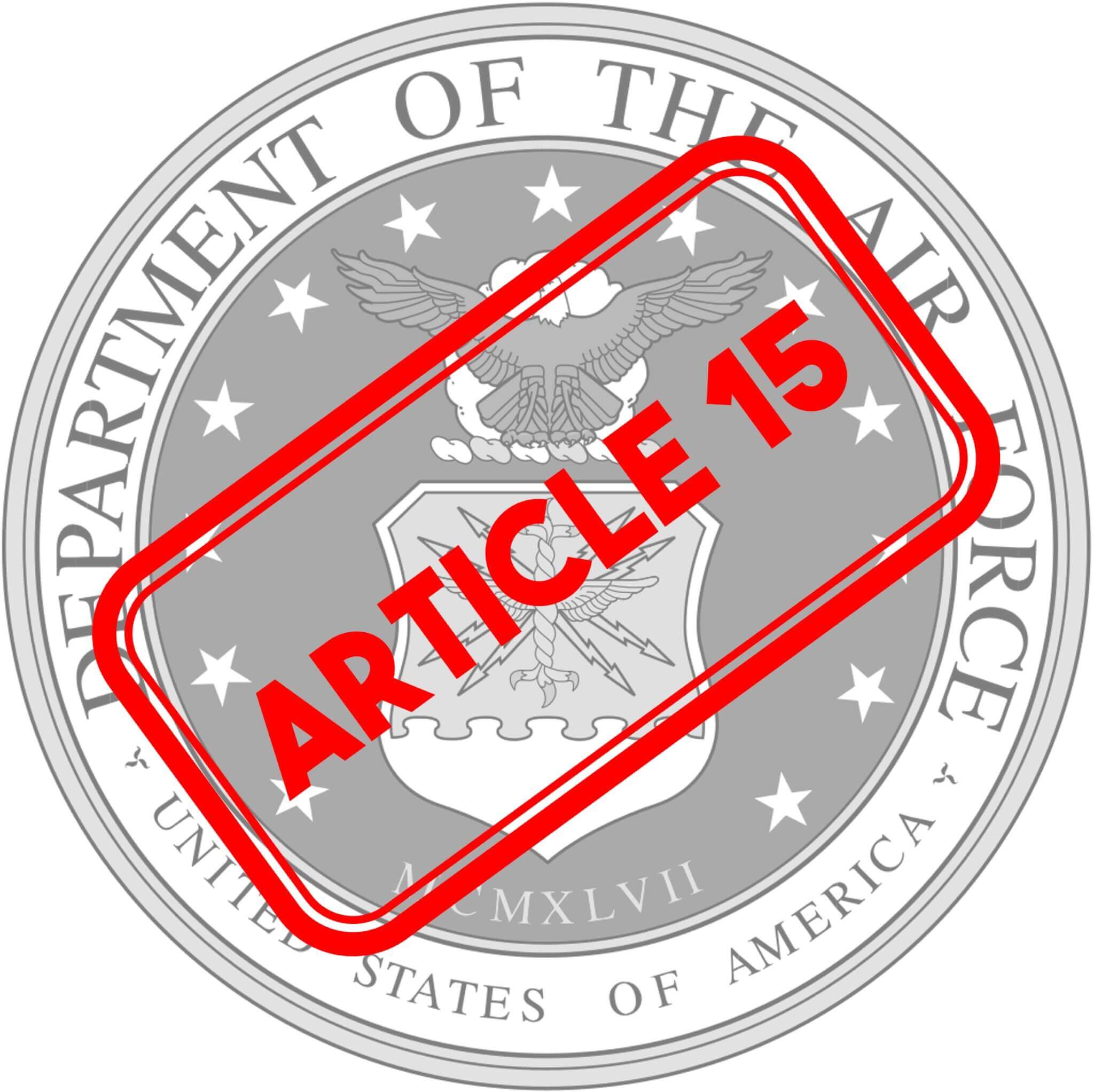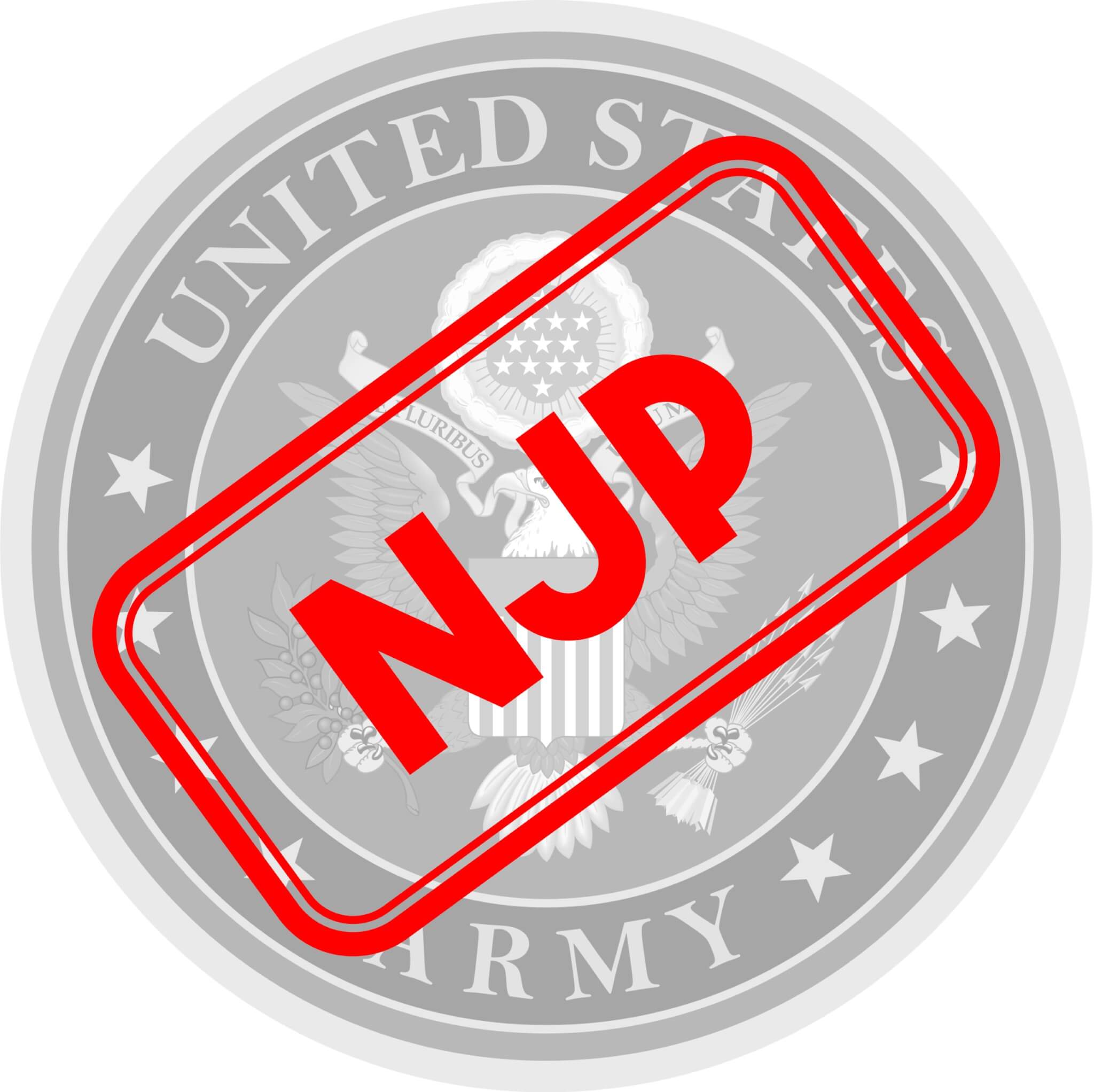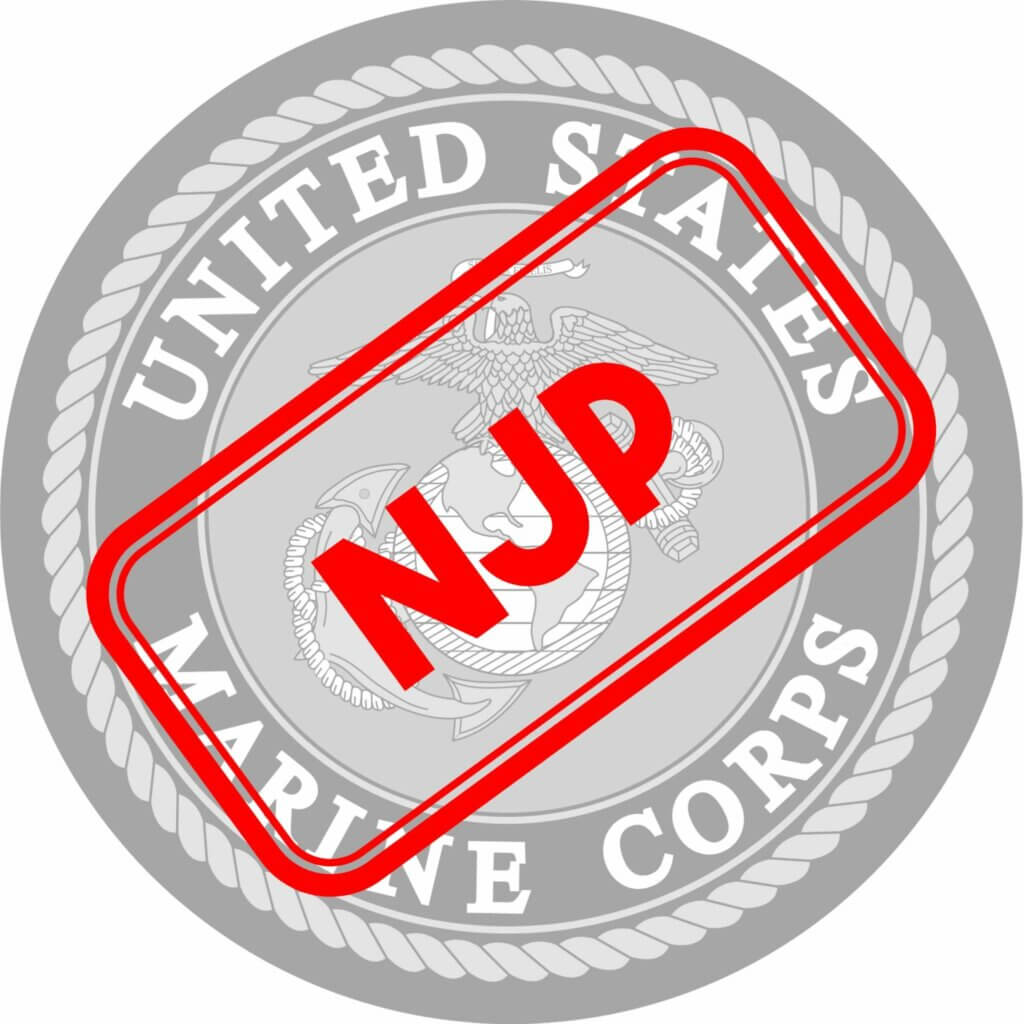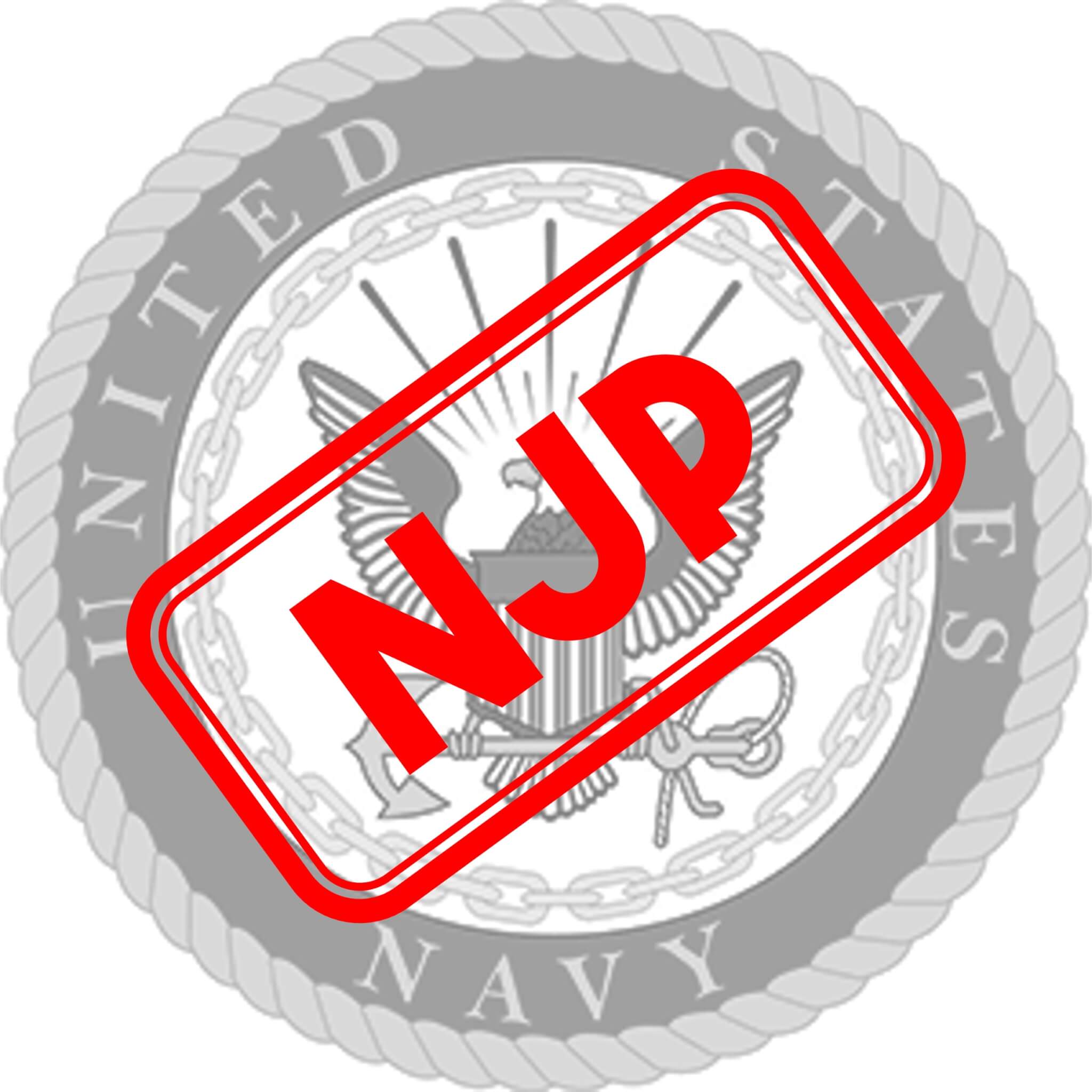Your commander has "offered" you nonjudicial punishment, sometimes called an "Article 15," "Office Hours," or "Captain's Mast." At this point, you have a lot on the line, As we explained in a previous post, you could lose rank and pay. You could be required to do extra duty, or your freedoms could be restricted. It's up to you to respond in the best possible way. Here are our top tips for responding to Article 15 Nonjudicial Punishment.
An Article 15 Nonjudicial Punishment starts with your commander receiving some evidence that you did something wrong. That evidence may be one-sided, and it may not include the whole story. But your commander reviewed it and believes you committed a violation of the Uniform Code of Military Justice. It's now your job to respond in a persuasive way. There are three common ways to respond to claims based on our “best practices.”
First, you can accept the allegations as true and simply hope for the best outcome. This most commonly happens when the evidence against you is clear. (For example, you sent inappropriate text messages to someone, and your command has those text messages.)
Second, you can dispute the allegations but not make a statement. This most commonly happens when the evidence against you is unclear, but anything you say about what happened could make things worse. (For example, if someone claims you said something inappropriate to them, there is no hard evidence or witnesses, but you know that you actually did say the inappropriate thing.)
Finally, you can dispute the allegations with a statement and evidence. This most commonly happens when the evidence against you is unclear, and your statement could change things. (For example, if someone claims you said something inappropriate to them, there is no hard evidence or witnesses, and you know you did not say the inappropriate thing.)
If the evidence against you is unclear, and your statement could change things, it is essential that you detail what you recall about the event or events in question. It is also vital that you point out the ways in which the evidence against you is being misinterpreted or otherwise does not support the allegations. Finally, if you have hard evidence supporting your case, you should strongly consider including that in your Article 15 response.
Although the team at Military Justice Guides are not lawyers, and cannot give you legal advice, we can say from experience that these are the best ways to address the allegations you are facing in an Article 15 Nonjudicial Punishment. There are many ways to respond persuasively. The key is to decide on a strategy and stick to your message. Provide information and evidence that helps your command understand your position and, hopefully, resolve the allegations in your favor.

When you are given an Article 15 Nonjudicial Punishment, you might think that your leadership only cares about the negative evidence against you. You might even believe that your leadership does not care about all the positive things you have done. In our experience, however, it's important that your leadership understands all the good things you have accomplished. You should include positive details about yourself and your career so that they consider the positives (along with any negatives).
We always encourage our clients to detail their careers. Talk about your assignments and what you learned from them. List your training opportunities. You should definitely include lots of information about any awards you may have won or been nominated for, even if they are "small" awards. Explain your successes, including any major projects, decorations, recognitions, etc. Explain that, because you have been successful in the past, you know you will be successful in the future.
Perhaps the most powerful way to respond to an Article 15 Nonjudicial Punishment is through character letters. Character letters allow you to ask other people, like your supervisors or co-workers, to stand up for you and help you show your true character. In any character letter, you want the author to talk about three things: how they know you, what they think about you, and what your best character traits are. Character letters are an excellent way for you to show your leadership how you contribute to the military community and how other people think you will succeed in the future.
When you ask for character letters from others, you should explain the allegations against you so that they understand why you need their support. You can also provide them with a Character Letter Template, which is a good way to show that you are planning to submit a professional rebuttal and need help.
The tips above should help you write a persuasive response to Article 15 Nonjudicial Punishment. Our products can also help. If you are interested, please feel free to read more on our website or purchase a Response Template below:

Our Article 15 Response Template is written by experienced military officers. When you purchase this template, you will be able to download and get started!

Our NJP Response Template is written by experienced military officers. When you purchase this template, you will be able to download and get started!

Our NJP Response Template is written by experienced military officers. When you purchase this template, you will be able to download and get started!

Our NJP Response Template is written by experienced military officers. When you purchase this template, you will be able to download and get started!

Our Article 15 Response Template is written by experienced military officers. When you purchase this template, you will be able to download and get started!
Military Justice Guides and MilitaryJusticeGuides.com are not law firms, nor do our employees act as legal counsel. MilitaryJusticeGuides.com provides an online portal to give users a general understanding of military law and to provide an automated software solution to individuals who choose to prepare their own documents. MilitaryJusticeGuides.com Services may also include a review of your answers for completeness, spelling, grammar, and for internal consistency of names, addresses and the like. At no time do we review your answers for legal sufficiency, draw legal conclusions, provide legal advice, opinions or recommendations about your legal rights, remedies, defenses, options, selection of forms, or strategies, or apply the law to the facts of your particular situation. We are not a law firm and may not perform services performed by an attorney. Military Justice Guides and MilitaryJusticeGuides.com, its related Services, and its forms or templates are not a substitute for the advice or services of an attorney.